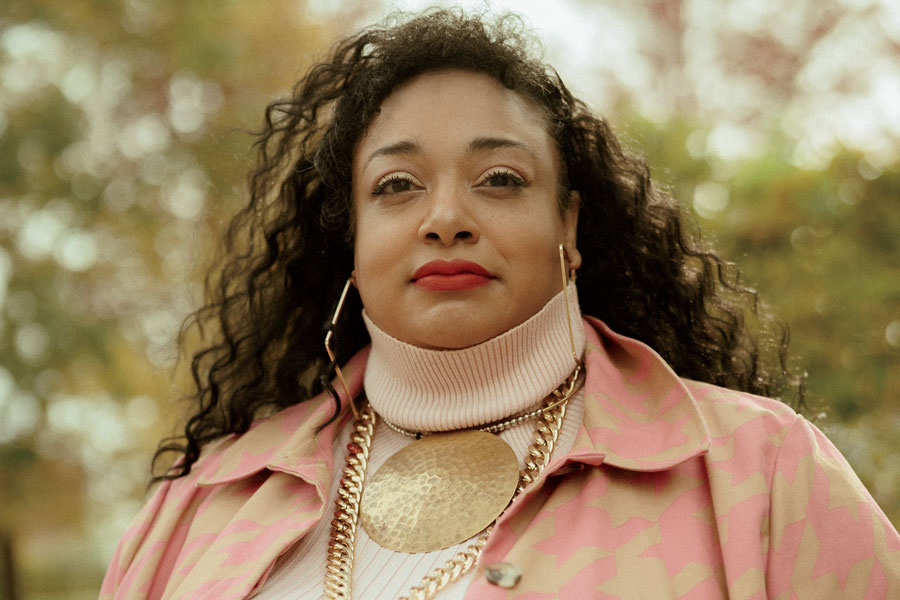On May 30 and the days that followed, Aislinn Pulley was scrambling to keep up with the situation on the ground. The Black Lives Matter Chicago cofounder was among the thousands who took to the streets downtown, marching in traffic in response to the death of George Floyd and other Black men and women killed by the police. One moment, she would be in an intersection holding her bullhorn calling out the names of those who had been killed or incarcerated, including, from the Chicago area, Laquan McDonald, Rekia Boyd, and Pierre Loury. The next, she was standing on the side of the street, texting, calling, emailing, and canvassing social media for the latest updates on the protests. Then she’d rush back to her bedroom-based home office in Hyde Park to handle the protesters’ needs: Who had been arrested? Who needed help? Which police stations were holding people and which attorneys were available to aid them?
For Pulley, the protests and aftermath felt like a tipping point, as Black Lives Matter was catapulted from a marginalized group sometimes dismissed as “fringe” to the center of a national reckoning on racial justice. “This new terrain was being formed right before our eyes, where masses of people were finally understanding the full breadth of the violence that people experience and demanding that it ends,” says Pulley, who is also co–executive director at the nonprofit Chicago Torture Justice Center, which provides social-emotional support to survivors of police brutality.
Pulley emerged as the face of Black Lives Matter Chicago, conducting local and national interviews from her bedroom office. And in late July, she stood at the microphone in Federal Plaza the day BLM Chicago and other organizations filed a civil rights lawsuit against federal law enforcement agencies to keep them from targeting protesters. “They are trying to suppress our righteous anger, and we will not be suppressed,” she said. “We will continue fighting back.”
Just as images of Black people being knocked down by water hoses and attacked by dogs helped turn the tide during the civil rights movement in the ’60s, so have images like the ones Pulley saw this summer while protesting: one friend pinned to the ground by his neck as George Floyd had been weeks earlier by police in Minneapolis, another friend’s child pulled away by police. “The demands to defund the police, to reopen criminal cases, get cops out of schools, this is a long-term struggle and long-term work. And we want to keep the energy up.”



